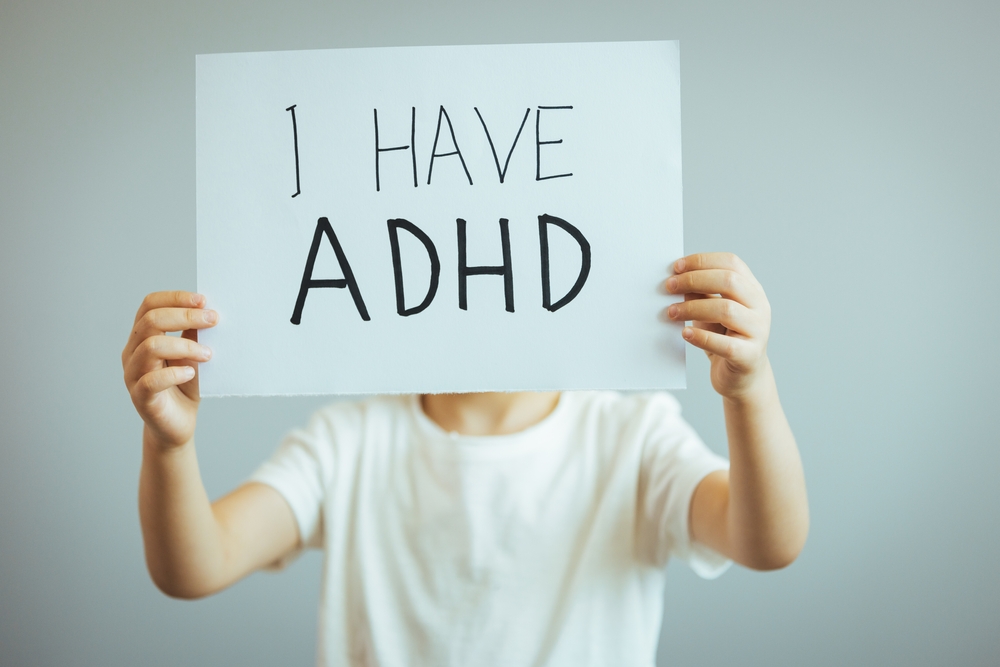Is there a link between coffee and ADHD symptoms? Can coffee make symptoms worse? Read this article to learn all the answers to your questions.
Coffee has been consumed since around 800 AD, according to some records, and ADHD has been around for as long as humanity, though it was only formally recognised in the 1960s. For many years, there have been questions surrounding coffee and ADHD symptoms, with many researchers arguing that this popular drink can worsen them, while others argue that it can be used as a treatment for the disorder.
As research has steadily been growing more sophisticated, and we are able to explore and analyse science in a more detailed light, one thing has become increasingly obvious – there is no one size fits all.
Caffeine can temporarily improve focus for some individuals with ADHD, but it may also increase restlessness and anxiety, particularly in those sensitive to stimulants.
At the Brain Workshop, we are dedicated to helping you traverse the world of ADHD, autism, and more. From helping you see the early signs of ADHD in children and debunking ADHD myths, to helping you manage ADHD in the workplace and support in schools and at home.
How Does Caffeine Affect the Brain?

Coffee is full of caffeine – unless it’s decaf. Caffeine is a stimulant that is responsible for giving most people that ‘buzz’. For neurotypical people and many neurodivergent people, caffeine can help make you more alert and help with focus, but it can also result in more unpleasant side effects like migraines, insomnia, and tremors when too much is consumed.
Many people with ADHD experience different effects from caffeine, with some people feeling more sleepy after consuming this drink as they experience paradoxical effects. However, this will not be the case for everyone, and, as we said, there is no one size fits all.
Coffee and ADHD symptoms do not have a clear-cut relationship due to how different everyone is, but there is research that outlines the potential disadvantages and benefits of coffee for people with this disorder.
Top 5 effects of coffee on ADHD symptoms:
- Increased anxiety
- Rapid heartbeat
- Restlessness
- Irritability
- Muscle tremors
With that being said, it’s important to remember that there have also been studies to show that coffee and caffeine intake can be beneficial for some people with ADHD and increase attention span, focus and motivation.
The top 5 positive effects of coffee on some people with ADHD:
- Improves focus
- Helps with motivation
- Increases vigilance
- Helps with logical reasoning
- Improves reaction time
ADHD and Stimulants: Is Coffee Helpful or Harmful?
It depends on the person, and there is no right or wrong answer when it comes to determining if coffee and ADHD are a good mix for everyone. We know that some people’s symptoms worsen, while others improve, but too much caffeine can have unpleasant side effects, so this is something to be avoided.
With that being said, we know that coffee is not as effective as known and used ADHD medications (e.g. Methylphenidate and Lisdexamfetamine), so even if it were to be used to medicate, the benefits would be extremely limited. For those with ADHD that might feel like they are lazy, caffeine could make them sleepy and make themselves feel worse
The Pros and Cons of Using Coffee for ADHD Focus

Below is a quick breakdown of the pros and cons of using coffee for ADHD focus. We always recommend talking to a professional rather than trying to self-medicate, as there can be unforeseen consequences if you are uncertain about what you are doing.
Pros of using coffee for ADHD focus:
- May help with motivation, alertness, and focus
- Coffee is easier to get a hold of than medications
Cons of using coffee for ADHD focus:
- Doesn’t work for everyone
- Not as effective as ADHD medications
- Too much caffeine results in negative side effects
Can Coffee Interfere with ADHD Medications?
Yes, drinking coffee can interfere with ADHD medications, which is why we always implore everyone on any kind of medication to speak with their healthcare provider or a professional to discuss this with. As caffeine is a stimulant, it has the potential to interfere with various medications, either by decreasing medication absorption in the body or by intensifying the effects.
For example, caffeine shouldn’t be consumed along with ADHD medications because doing this can enhance the effects of the two as both are stimulants. Another useful example is that caffeine shouldn’t be taken with antidepressants, as it can cause unusual side effects and increase the risk of insomnia. Some medications, like thyroid medicine, can have their absorption rates cut in half when coffee is drunk at the same time.
Caffeine Sensitivity in ADHD: Signs to Watch For

Some people will be hypersensitive to caffeine, and even the smallest amounts can trigger symptoms. On the other hand, there will also be people who are hyposensitive to caffeine or experience the paradoxical effects we mentioned earlier in this article, including sleepiness.
Signs of caffeine sensitivity might include the following, after having only a small amount of coffee:
- Heart palpitations
- Restlessness
- Anxiety
- Irritability
- Muscle tremors
- Insomnia
- Sleeplessness
- Upset stomach
Natural Alternatives to Coffee for Managing ADHD Symptoms
If you want to try managing your ADHD symptoms using natural alternatives, there are several options available to you. However, as always, we recommend that you speak with your healthcare provider to get additional insight into what may or may not work, and what to avoid – and don’t be afraid to get different opinions on the topic, either.
The Best Remedy for Life – Exercise
As much as many of us don’t want to hear it, exercise has proven time and time again that it benefits the body and the mind. Exercising daily and enjoying moderate to vigorous exercise for around 45 at least three days a week can go a long way to improving ADHD symptoms, as well as improve your overall physical and mental health.
Find a form of exercise that you enjoy, and dive into it. This can be walking, jogging, tennis, swimming, or anything else that comes to mind – it’s all incredibly beneficial.
Something to Consider – Diet
Your diet dictates more of your life than you might think, and it certainly isn’t something that you should be overlooking in your day-to-day life. Try to have a healthy diet and keep added sugar intake low while avoiding (but not necessarily cutting out) processed foods.
Be sure to get enough Omega-3 fatty acids, vitamins, minerals, and protein, to ensure that your diet is balanced. Combined, these will all help with concentration and manage ADHD symptoms.
You Can Always Try – Herbal Remedies
While more research is needed, there is some evidence to suggest that some herbal remedies could help with managing ADHD symptoms. Please remember that herbal remedies are not meant to be a substitute for prescriptions – medications will almost always be more effective, and disallowing yourself to use them can easily put yourself in harm’s way.
Some herbal remedies that you could try out include passionflower, Bacopa monnieri, Ginkgo biloba, Pycnogenol, or Panax ginseng.
How The Brain Workshop Can Help with ADHD Strategies

Wondering if coffee is helping or hurting your ADHD symptoms? Contact The Brain Workshop today for expert guidance on effective ADHD management strategies, or to get tested for ADHD.
Coffee and ADHD symptoms have a complex relationship, and it’s important to try to understand it. However, knowing that everyone has their own experiences is just as crucial, and what works for one might not work for someone else.
If you would like to learn more, please don’t hesitate to contact us at the Brain Workshop and find out more about us, our team, events, or even read our FAQ. Want to do some extra reading? Check out our blogs on whether Elon Musk has ADHD, if ADHD can develop later in life, and if brain rot relates to ADHD.






